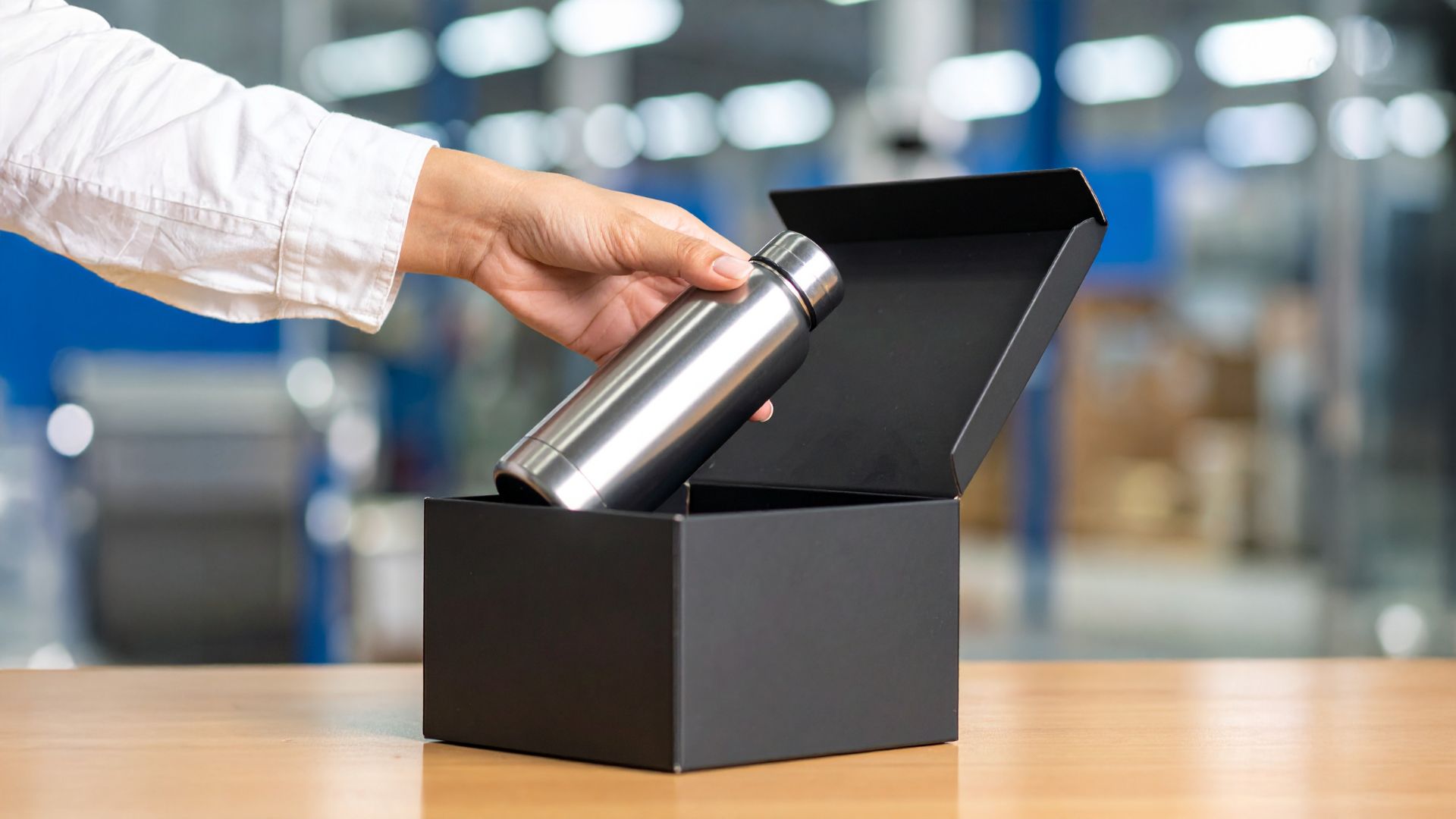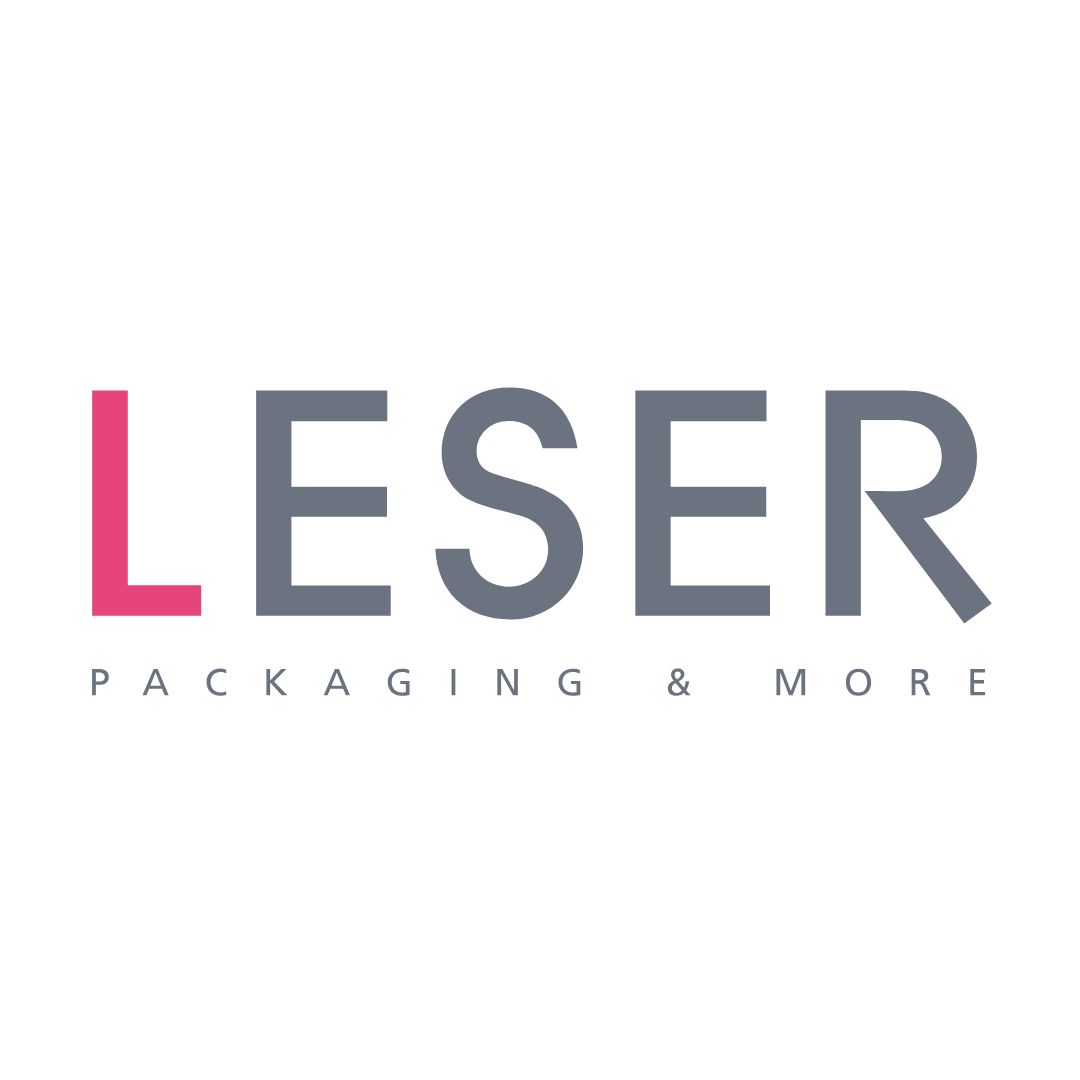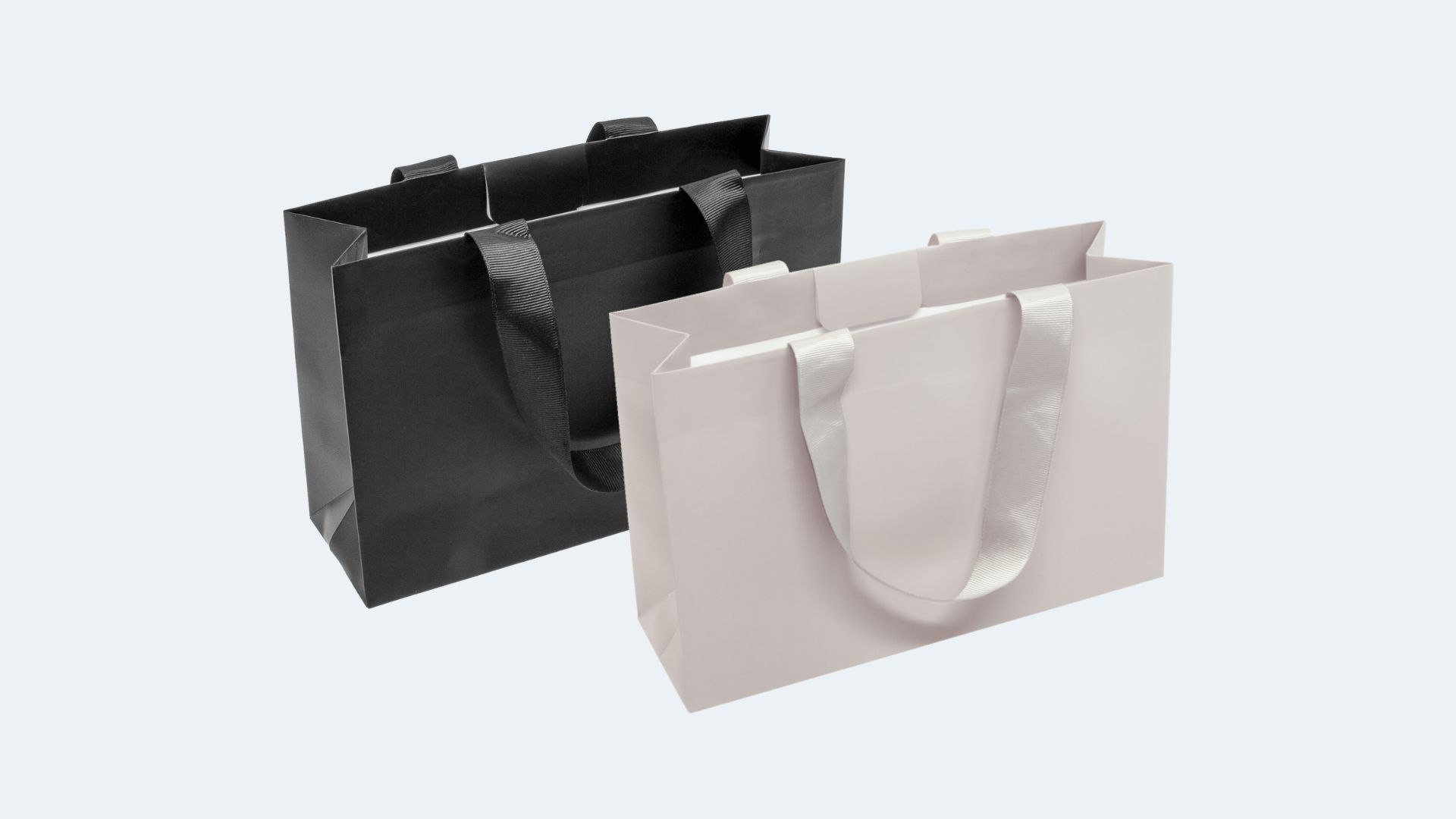PACKAGING LAW: FOR COMPANIES
The Packaging Act (VerpackG) has been in force in Germany since 1 January 2019: It has replaced the former Packaging Ordinance and consistently implements extended product responsibility for packaging. The aim of the law is to reduce the environmental impact of packaging waste, promote recycling and create fair competitive conditions.
Smaller companies or retailers in particular are asking themselves: Do I really have to register every item of packaging? What does this mean in concrete terms for companies? Quite simply, anyone who puts commercially packaged goods into circulation in Germany must actively take care of the environmentally friendly disposal of their packaging - even before the first sale.

Packaging Act, the reasons:
Packaging is an indispensable part of economic life - it protects products, facilitates storage and transport and fulfils important marketing functions. However, after use, a lot of packaging ends up as waste. In order to reduce these quantities and keep more materials in the cycle, the Packaging Act regulates how companies must handle their packaging.
This includes three core objectives: Environmental protection, supporting consumer responsibility and fair competition.
The law obliges companies to design their packaging to be as environmentally friendly as possible and to take responsibility for taking it back and recycling it - not just at the end of its life, but right from the design and choice of materials.

Who is affected?
The decisive factor is not who manufactures the packaging, but who fills it with goods and puts it into circulation in Germany.
Examples of affected companies:
- Producers who sell their products in packaging
- Online shops that send goods in shipping packaging
- Importers who import packaged products into Germany
- Companies abroad that deliver directly to German end customers
The decisive factor is whether your packaging typically accumulates as waste with private end customers - regardless of whether you sell in the B2B or B2C sector.

Which packaging is relevant?
Not all packaging is the same - and not all packaging is automatically subject to system participation.
In particular, sales and secondary packaging that typically ends up in the waste of private end consumers is subject to system participation. Companies must acquire a so-called "packaging licence" for this packaging - i.e. co-finance the disposal costs via a dual system.
Packaging that is used exclusively in the B2B sector - such as transport packaging or durable storage cases - is subject to different rules.
WHAT DO AFFECTED COMPANIES HAVE TO DO?
1st registration
Before packaged goods are put into circulation, the company must register with the Central Agency Packaging Register (ZSVR) - online and publicly accessible.
-
Practical example 1Anyone who sells handmade soaps online and sends them in paper boxes must register with LUCID before the first sale.
-
Practical example 2A start-up for spices fills its products in jars and sells them via a web shop - registration is also mandatory here.
-
Practical example 3A fashion retailer from Austria delivers directly to German end customers - he also has to register with LUCID in Germany before he delivers.
2. acquisition of a licence
A contract with a dual system (e.g. Green Dot) is required for packaging that is subject to the system. The costs depend on the type of material and quantity - the more recycling-friendly the packaging, the cheaper it is.
-
Practical example 1A bakery serves sandwiches in printed paper carrier bags - the bags must be licensed.
-
Practical example 2An online shop for electronic products sends goods in bubble envelopes and cardboard boxes - both of which are subject to system participation.
-
Practical example 3A cosmetics label uses folding cartons and outer packaging made of plastic - licences are issued according to weight and material type.
3. data message
-
Practical example 1An online retailer that sends 1,000 parcels a month reports the boxes and filling materials used to its system and LUCID on a quarterly basis.
-
Practical example 2A manufacturer with 60 tonnes of paper packaging per year must report the quantities annually and submit an audited declaration of completeness.
-
Practical example 3A retailer who only uses a few hundred carrier bags per year reports their packaging quantities once a year - that's enough.

Why is the Packaging Act relevant for your company?
Regardless of whether you manufacture packaging yourself, fill it with products or import packaged goods into Germany - as soon as you place packaged products on the market, you are responsible. The Packaging Act applies regardless of industry or company size.
Companies that do not fulfil their obligations risk high fines, warnings or a sales ban. At the same time, the law creates more market transparency: the public LUCID register makes it possible to check at any time whether a company is fulfilling its product responsibility.

Do you have any questions?
We are happy to help.
Whether by phone, e-mail or contact form - simply get in touch with us. We will respond quickly, personally and will be happy to help you.
Counselling Packaging
Tel.: +49 (0) 7821 / 5803-39
E-mail: contact(at)leser.de
Significance in the jewellery and watch industry
No licence requirement for jewellery boxes and cases
Jewellery and watch boxes and cases do not generally meet any of the requirements for packaging subject to system participation - even under the new Packaging Act.
This packaging is not typically disposed of after use, but is usually used for the long-term storage and protection of a high-quality product. They are therefore considered part of the product itself - comparable to a case for glasses or a storage box for a technical device.
This is legally supported by:
- §Section 3 VerpackG in conjunction with Annex 1 point 1, according to which packaging that is "required throughout the entire life cycle of a product" is not covered by the Packaging Act
In concrete terms, this means that if you order jewellery packaging or cases from LESER GmbH, you do not have to license them or register them in the LUCID packaging register. You are not subject to the system participation obligation.

Attention: Service packaging such as carrier bags are affected
The situation is different for so-called service packaging. This includes, for example: Carrier bags made of paper or plastic, fixed boxes, presentation sleeves or simple outer packaging, or even paper bags for sales in shops.
This packaging enables or supports the delivery of goods to the end customer - and usually ends up as waste. According to the Packaging Act, it is therefore subject to system participation.

We think the
Packaging Act right along with you!
So that you can concentrate on your core business, we support you with all questions relating to the Packaging Act. Simply contact us - we will show you what you need to consider and how you can stay on the safe side.
Frequently asked
questions
The following, for example, are subject to system participation:
- Carrier bags made of paper or plastic
- Fix boxes or paper bags for handover in the shop
- Simple outer packaging that is used in the shop
Your packaging quantities must be reported at least once a year - both to the dual system with which you have licensed your packaging and to the Central Agency Packaging Register (LUCID).
Many companies report their quantities on a quarterly basis, as the Dual System usually requires this data for billing purposes. Important: The reports to LUCID and to the system must match.
If you exceed certain quantity thresholds (e.g. >30 tonnes of plastic or >80 tonnes of glass per year), you must also submit a so-called declaration of completeness - annually by 15 May at the latest for the previous year.
